back to the blog
Are Motorbikes Cheaper Than Cars?

Olivia C · January 15, 2025
Torn between investing in a motorcycle or a car? No doubt you're considering whether a motorbike would be a cheaper option than a car - and we're here to tell you that yes, it is! So let's break down the price of both cars and motorcycles, and how they compare.
Initial Purchase Price
When comparing the cost of buying a car versus a motorcycle, motorcycles have a significant edge in terms of affordability. Of course, the actual price of a vehicle varies hugely depending on the brand, model and features, so you could feasibly find a motorcycle that’s more expensive than a car.
If we look at entry-level vehicles, new motorcycles generally cost less than new cars. The cost of a new car can range from £15,000 - £25,000 for basic models such as Kia Picanto or Ford Puma. However, a brand new motorcycle can range anywhere from £1,500- £3,000 for highly regarded 125cc motorbikes by companies such as Mutt motorcycles. Higher powered motorcycles will be slightly more expensive, but still considerably cheaper than cars, for example the Royal Enfield Meteor 350, Honda CB500 Hornet and Honda CBR500R are all popular entry-level models and are priced between £3,899 and £6,799.
Second-hand options reduce the barrier to entry even further. Typical prices for used Kia Picanto’s or Ford Puma’s generally fall in the £6,000 - £17,000 range. Compare this to typical pricing for used 125cc bikes (somewhere between £1,000 - £2,000 depending on condition), or even a 500cc bike (ranging from £3,500 - £5,800), and the initial cost is far less for motorbikes. For 50cc mopeds, you could feasibly get a used model for as little as £700.
This makes motorcycles a great choice for those looking for a cost-effective way to own a vehicle. If you’re sick of taking public transport or walking, but can't afford owning a car, getting a moped or motorbike is a solid option. Buying a second-hand motorcycle reduces the initial costs even more, but isn’t without risk - so do read our guide to buying a second-hand motorcycle.
Licensing and Training Costs
Getting a motorcycle licence is usually quicker and cheaper than getting a car licence. The cost of motorcycle training depends on what kind of bike you want to ride, but it’s generally lower than car driving lessons. The cheapest way to get on the road is by doing a CBT (Compulsory Basic Training), which lets you ride a moped or motorbike up to 125cc. This usually costs between £150 and £190, depending on where you are and who you go with. Plus, we’d argue that learning to ride a motorbike is a bit easier than learning to drive!
This makes motorcycles a great option if you want to get on the road quickly and without breaking the bank. In comparison, getting a driving licence can cost over £1,500 with all the lessons and tests, and it’s not unusual for the total to go over £2,000. So, if you're after an affordable and straightforward option, a motorbike or moped could be the way to go.
Interested in the costs per licence category for motorbikes? Read our guide on how to get your motorcycle licence for a cost breakdown.
Fuel Efficiency
Motorcycles generally offer better fuel efficiency than cars, making them a more cost-effective option for commuters. On average, a small to mid-sized motorcycle gets between 50 and 70 miles per gallon (MPG), with some models even exceeding 80 MPG. In comparison, most cars average around 25 to 35 MPG, and hybrid or electric vehicles can reach up to 50 MPG under ideal conditions. This means motorcycles can easily double the fuel efficiency of standard cars, resulting in significant savings on fuel over time.
For example, a rider covering 10,000 miles per year on a motorcycle that averages 65 MPG would spend much less on fuel than a driver with a car that gets 30 MPG. Not only does this reduce fuel costs, but it also helps lower your carbon footprint. For anyone looking to cut costs and improve fuel efficiency, motorcycles clearly offer an advantage over cars. Just be sure to check your bike's specifications for the most accurate MPG.
Insurance Costs
Insurance for motorcycles is generally cheaper than for cars, especially for smaller bikes or those with lower engine capacities. Premiums for motorcycles are often based on the rider’s experience, location, and bike type, but they usually remain a fraction of what car insurance costs. This makes motorcycles a financially smart choice for insurance-conscious individuals. To find an accurate insurance cost, make sure to get in touch with a reliable insurance quoter.
Maintenance and Repairs
Motorcycles are less complex machines than cars, which makes routine maintenance and repairs more affordable. Things like oil changes and tyre replacements tend to cost less compared to cars. That said, high-performance bikes might need more specialised care, which can increase maintenance costs. But for the majority of riders, motorcycles offer long-term savings when it comes to upkeep, especially compared to cars.
Want to learn more? Read more about the cost of riding a motorcycle here.
Car Tax vs Motorcycle Tax
The cost of motorcycle tax is generally lower than that of cars, particularly for models with smaller engines that produce fewer emissions. This means reduced annual running costs, which can be especially appealing for budget-conscious individuals.
Depreciation of Vehicles
The depreciation of motorcycles versus cars is a topic that can spark debate, but many agree that motorcycles generally lose value faster, particularly in the first few years. However, with the rise of electric vehicles and the fluctuations in second-hand prices, as well as changing supply and demand for both cars and motorcycles, predicting how a vehicle will hold its value isn't straightforward. While most motorcycles depreciate, certain models—especially classic bikes or those in high demand—tend to maintain their value much better, for example.
Other Costs Associated With Car or Motorcycle Ownership
When factoring in additional costs like parking, permits and tolls, motorcycles often come out ahead. Parking permits for motorcycles are usually cheaper, and bikes are sometimes exempt from congestion charges in urban areas. One cost that’s missing from car ownership is needing to wear protective gear. Obviously you’re more exposed on a bike than in a car, so you will need to invest in gear - but this can be more affordable with the right choices.
For example, our RideTo Store sells Rider Packs which include multiple gear items in one package, meaning you save significantly more than buying these items individually. Our CBT Starter Pack gets you the essential training gear (helmet, gloves, jacket and scarf) for just £175, saving you £55 off RRP.
Final Verdict: Which Is Cheaper, Motorcycles or Cars?
Motorcycles are definitely a more affordable option when it comes to buying, running, and insuring compared to cars, especially if you're usually on the road by yourself. With lower purchase prices, better fuel efficiency, and cheaper taxes and insurance, motorcycles can save you a lot of money. Of course, the cost can vary depending on the model, style, and how much you use it. Plus, the type of bike and the licence you go for will depend on your personal preferences and can affect the overall cost. But for anyone looking for an affordable and efficient way to get around, motorcycles are hard to beat.
FAQs
Are motorcycles really cheaper to run than cars?
Yes, motorcycles are generally cheaper to run than cars. They have lower fuel consumption, averaging 50-70 MPG compared to a car’s 25-35 MPG. Insurance, taxes, and maintenance costs for motorcycles are also lower. However, your savings will depend on factors like the type of bike, your riding habits, and the mileage you cover.
How does motorcycle insurance compare to car insurance?
Motorcycle insurance is usually much cheaper than car insurance, especially for smaller or less powerful bikes. For example, younger riders might pay around £1,200 annually for a motorcycle, while car insurance for the same age group could exceed £2,700. Premiums drop significantly with age and experience for both vehicles, but motorcycles consistently remain more affordable.
What factors impact the cost of owning a motorcycle?
The cost of owning a motorcycle depends on several factors, including the bike’s purchase price, engine size, fuel efficiency, and maintenance needs. Additional costs like protective gear, licensing, and training also play a role. Lastly, the type of licence you choose (e.g., CBT or full licence) and your personal preference in bike style can significantly influence the overall cost.



